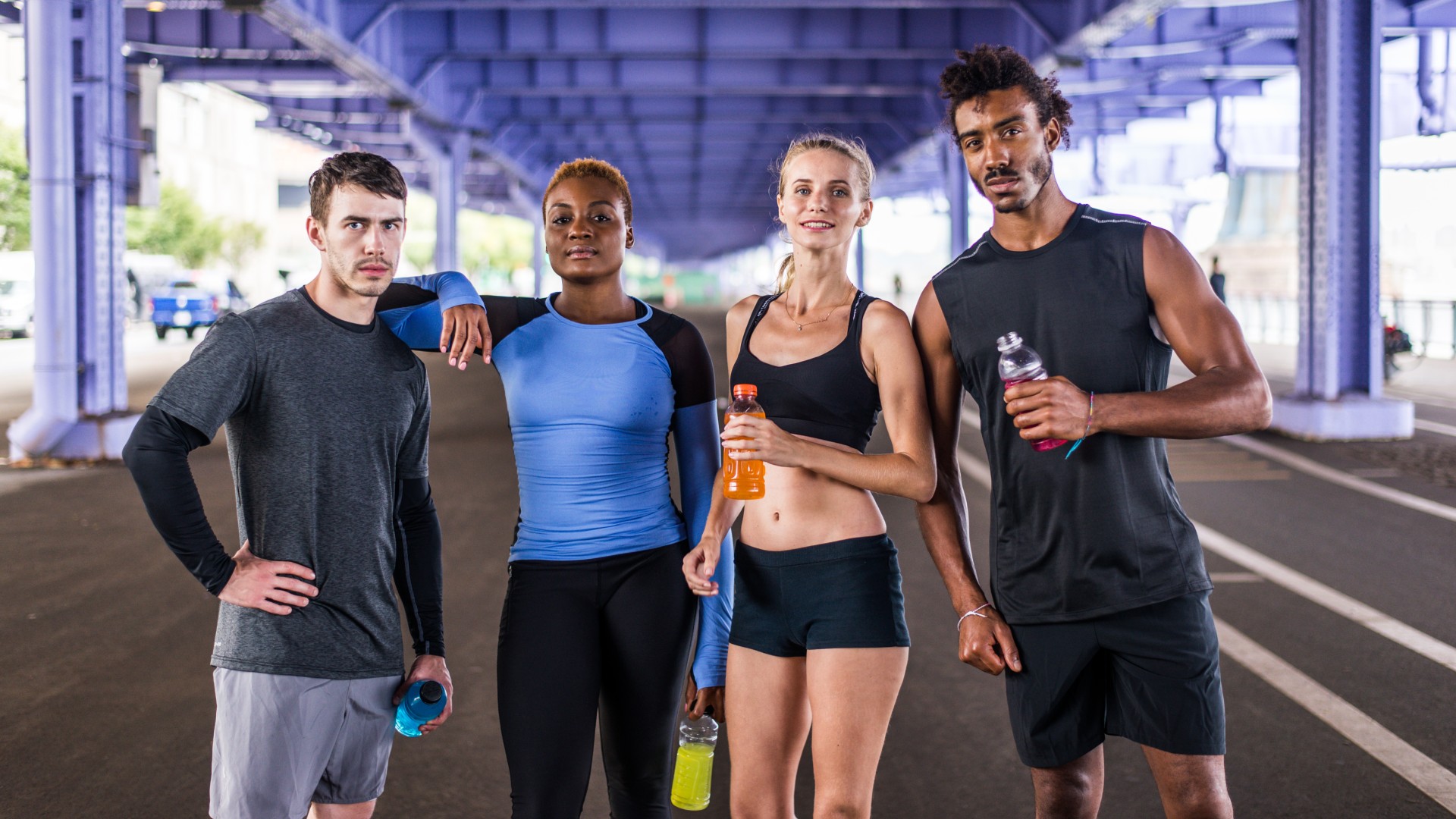Do You Really Need Electrolyte Drinks to Perform Your Best? Here’s the Scoop
By Dr. David Samadi
Walk down any beverage aisle and you’ll spot them—brightly colored bottles promising to rehydrate, refuel, and recharge. Electrolyte drinks like Gatorade, Powerade, and countless others now dominate the sports drink market, which has ballooned into a multibillion-dollar industry.
But are these drinks essential for most people? Or are we buying into more hype than hydration?
Let’s delve into what electrolyte drinks do, who might benefit from them, and how to choose the right one, if you even need one at all. Understanding your body’s unique needs is the first step to making informed decisions about your health and performance.
What Are Electrolytes and Why Do They Matter?
Electrolytes are not just minerals, they are the unsung heroes of your body’s functions. They include sodium, potassium, calcium, magnesium, and chloride, and they help regulate your body’s fluid balance, nerve signals, muscle contractions, and even pH levels. This knowledge empowers you to make the right choices for your health and performance.
When dissolved in water, electrolytes carry an electric charge that powers many of your body’s automatic processes, like keeping your heart beating, muscles working, and cells hydrated.
Exercise and Electrolyte Loss: When It Matters
During a workout, the amount of electrolyte loss you experience depends on several factors:
- How long and hard you’re exercising
- Your fitness level
- Your sweat rate
- Environmental conditions (heat and humidity)
The primary electrolyte lost through sweat is sodium. If your workout is under an hour and done at moderate intensity—like a brisk walk—plain water is usually enough to keep you hydrated.
But if you’re working out intensely for 75 minutes or more, especially in hot or humid conditions, you’re probably sweating out a good amount of electrolytes. That’s when an electrolyte drink may come in handy to help you stay balanced and prevent symptoms of dehydration like dizziness, muscle cramps, or fatigue.
Who Actually Needs Electrolyte Drinks?
Let’s be clear—not everyone needs them. For most people doing short or moderate-intensity exercise, water is the best choice. But here’s who might benefit from an electrolyte beverage:
- Endurance athletes or those training for extended durations (marathons, triathlons, etc.)
- Individuals exercising in extreme heat
- Heavy sweaters (you know who you are!)
- People recovering from vomiting or diarrhea
- Those on restrictive diets or with certain medical conditions that affect fluid balance
What to Look For in an Electrolyte Drink
Not all sports drinks are created equal. Many are loaded with sugar and artificial ingredients, which can negate their benefits. Before grabbing the first bottle you see, read the Nutrition Facts label. A balanced 12-ounce sports drink should provide:
- Around 150 mg sodium
- 35 mg potassium
- 20–24 grams of carbohydrate (roughly 7–8% of daily value) for quick energy replenishment
If you’re an ultra-endurance athlete, you may need a drink with higher levels of sodium, potassium, and additional minerals like magnesium and calcium.
Also, consider alternative options like:
- Electrolyte tablets or powders you can mix into water
- Coconut water, a more natural choice (but check for added sugars)
- Vitamin waters with added electrolytes—again, watch the sugar content
The Bottom Line
For most casual exercisers, plain water is the hydration MVP. But for high-intensity or long-duration workouts, electrolyte drinks can help you recover faster and maintain peak performance. Just choose wisely—look for drinks with a sensible balance of electrolytes and carbohydrates, and skip those with excessive sugar or unnecessary additives.
In the end, staying well-hydrated and listening to your body’s signals is the real key to athletic success.
Dr. David Samadi is the Director of Men’s Health and Urologic Oncology at St. Francis Hospital in Long Island. He’s a renowned and highly successful board certified Urologic Oncologist Expert and Robotic Surgeon in New York City, regarded as one of the leading prostate surgeons in the U.S., with a vast expertise in prostate cancer treatment and Robotic-Assisted Laparoscopic Prostatectomy. Dr. Samadi is a medical contributor to NewsMax TV and is also the author of two books, Prostate Cancer, Now What? A Practical Guide to Diagnosis, Treatment, and Recovery and The Ultimate MANual, Dr. Samadi’s Guide to Men’s Health and Wellness, available online both on Amazon and Barnes & Noble. Visit Dr. Samadi’s websites at robotic oncology and prostate cancer 911.

